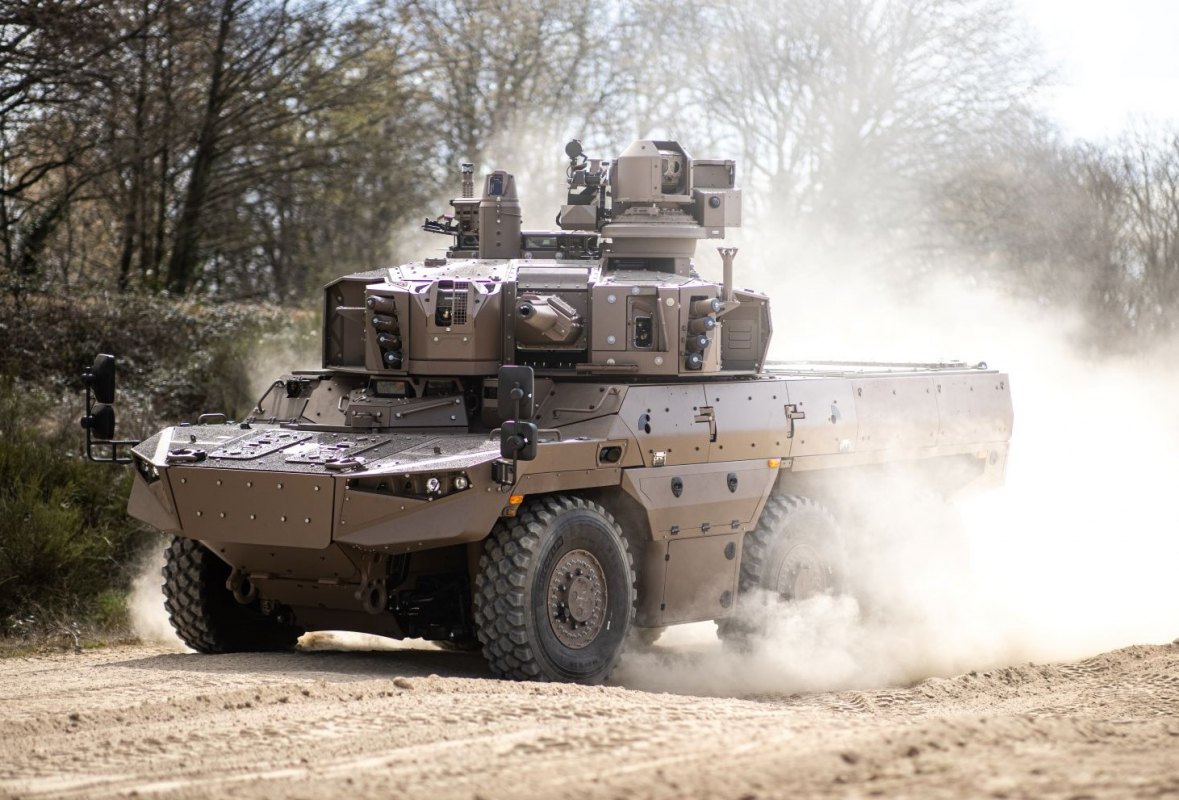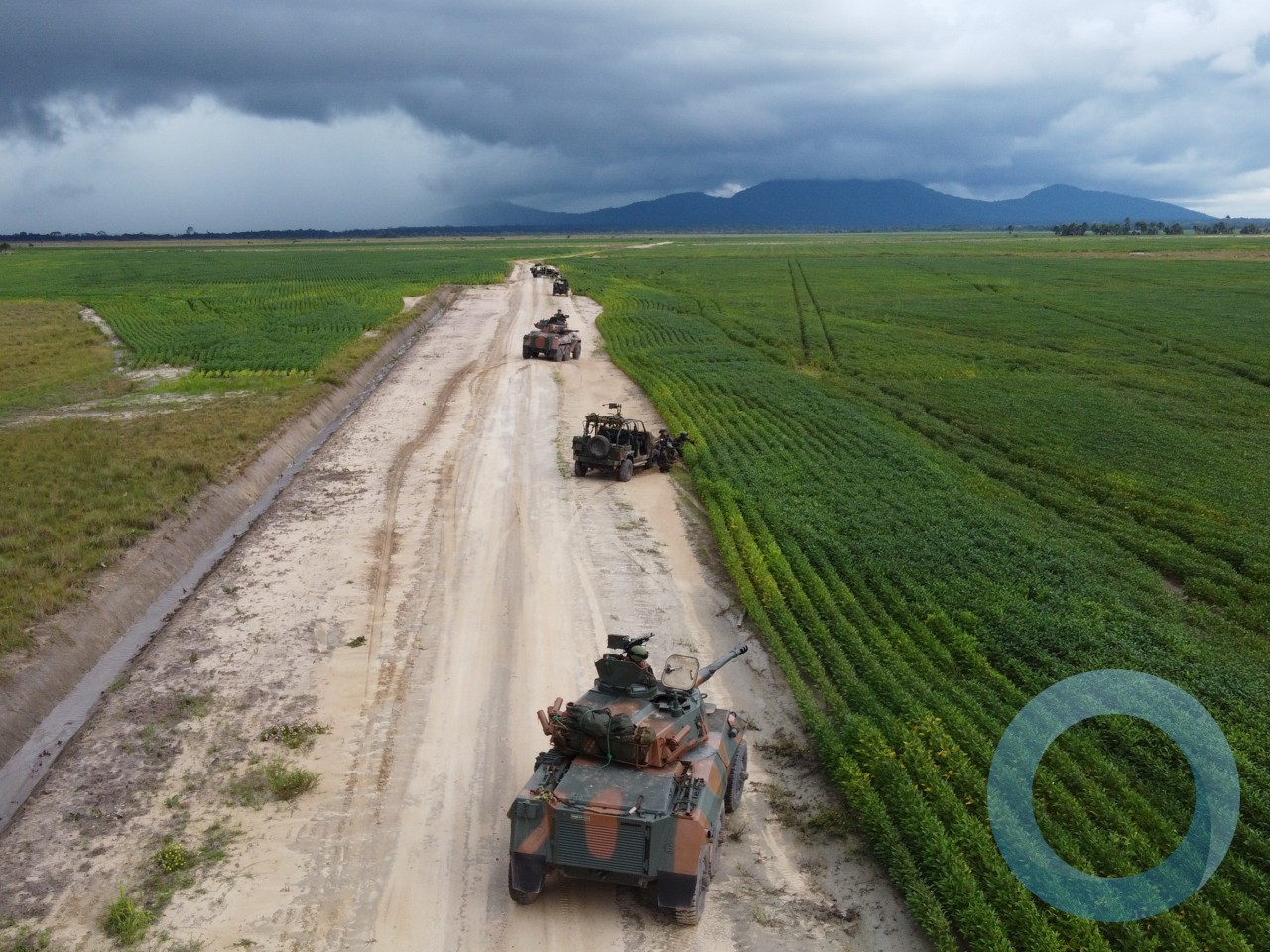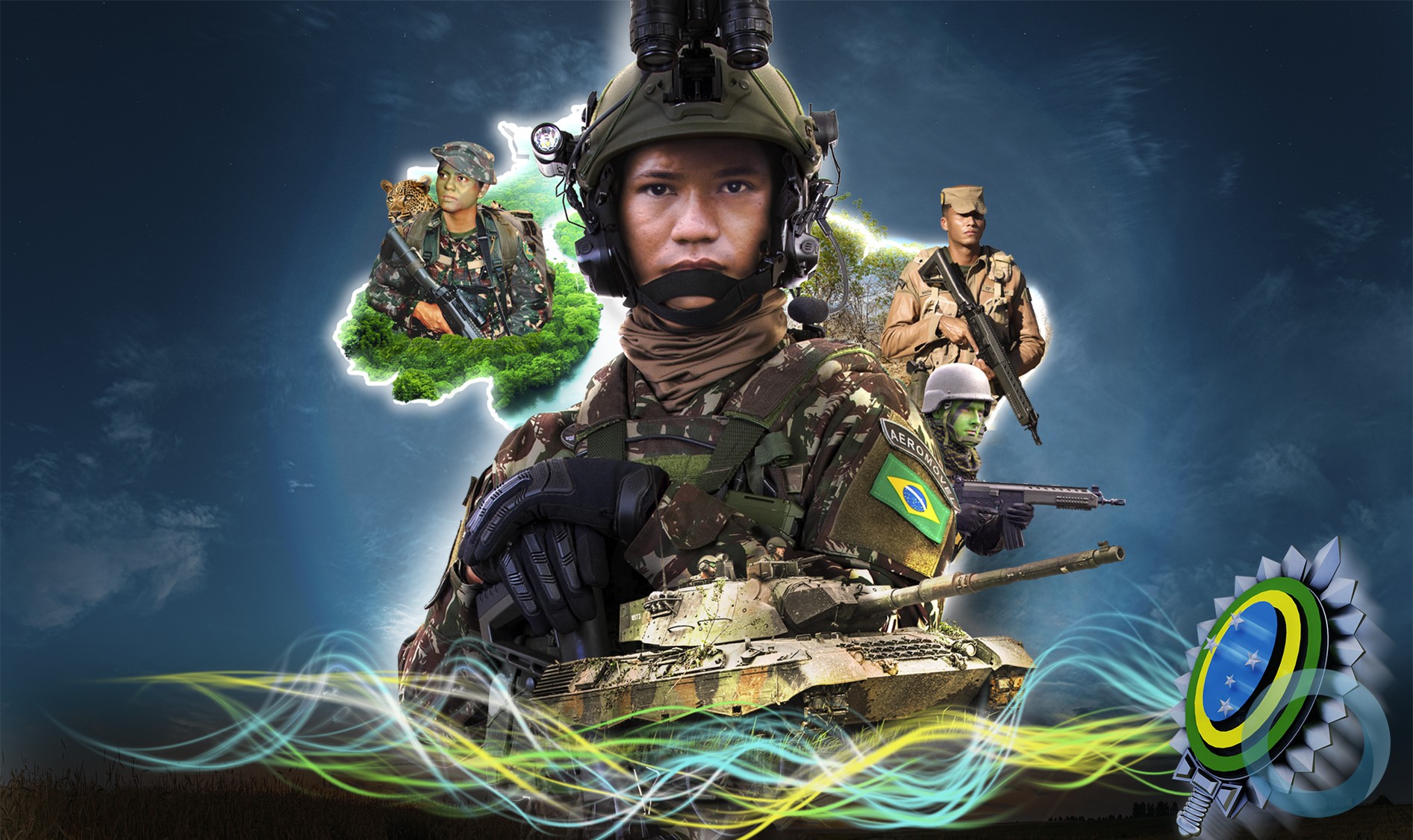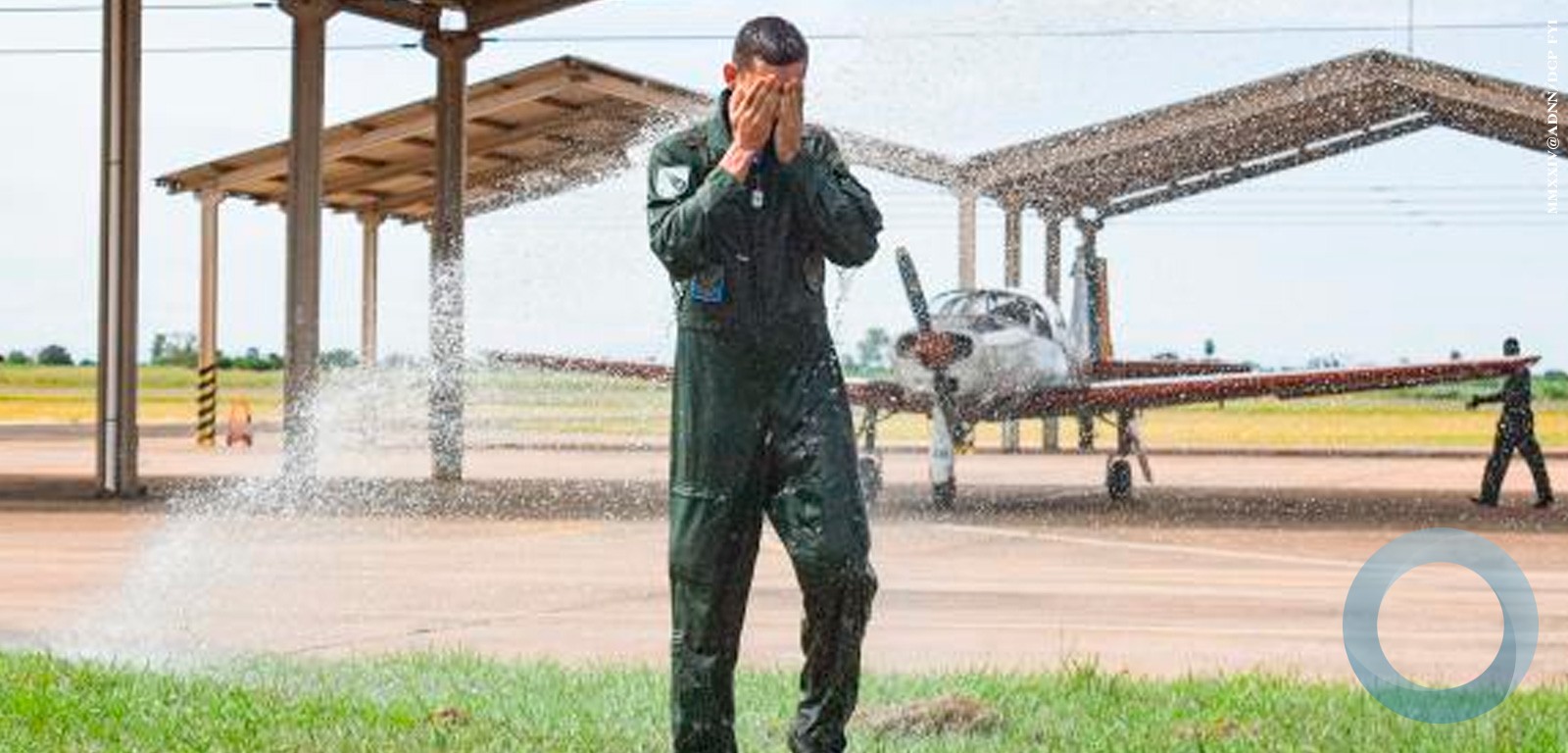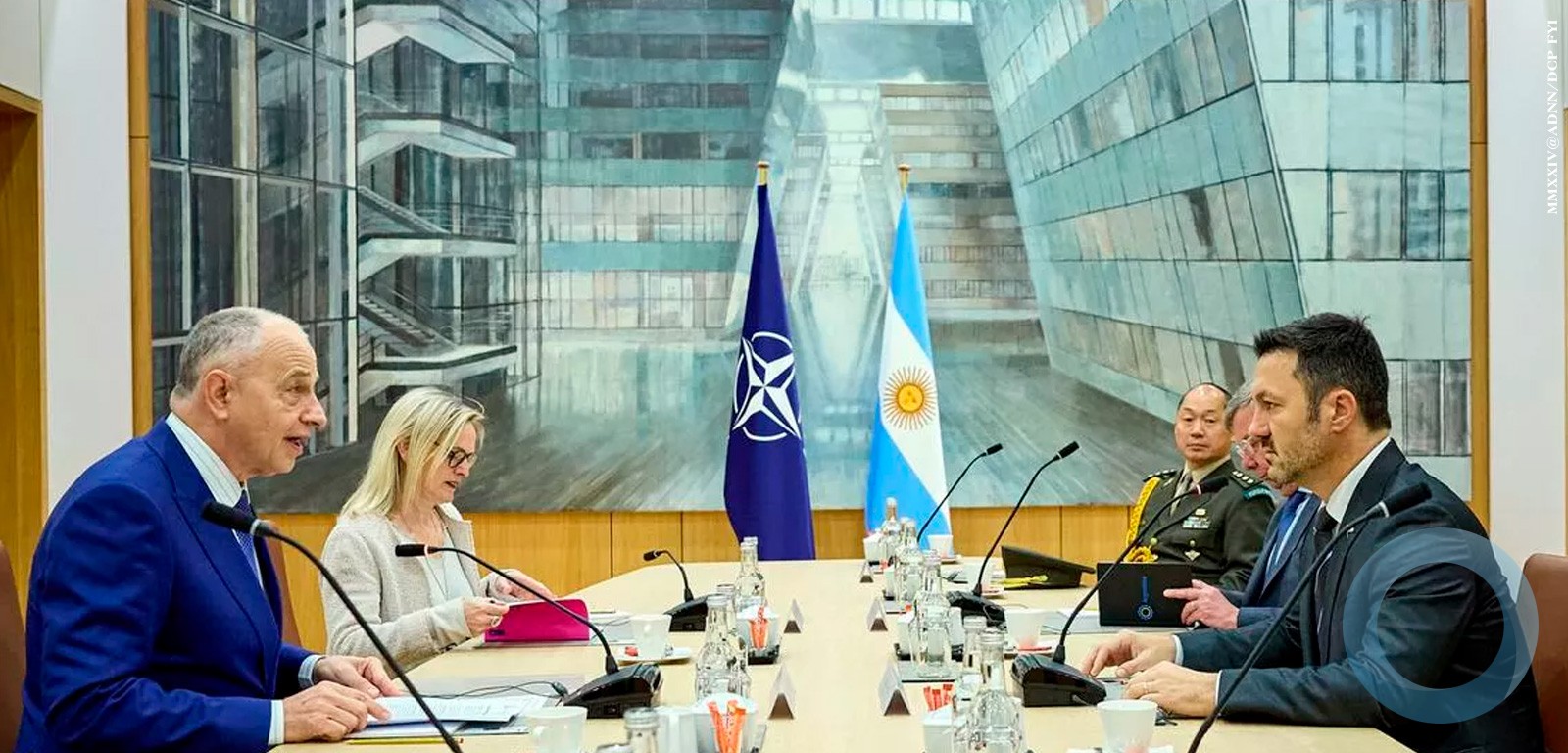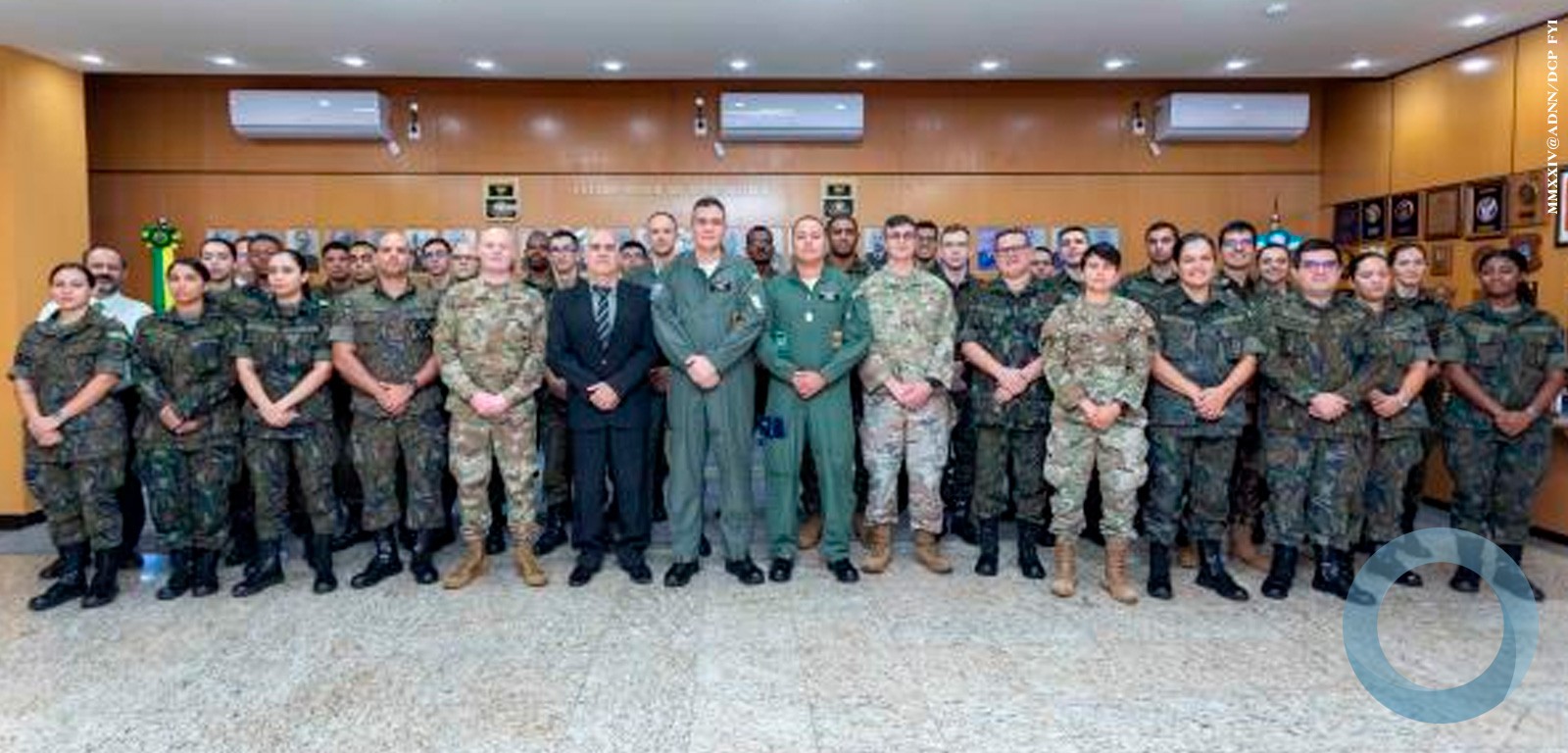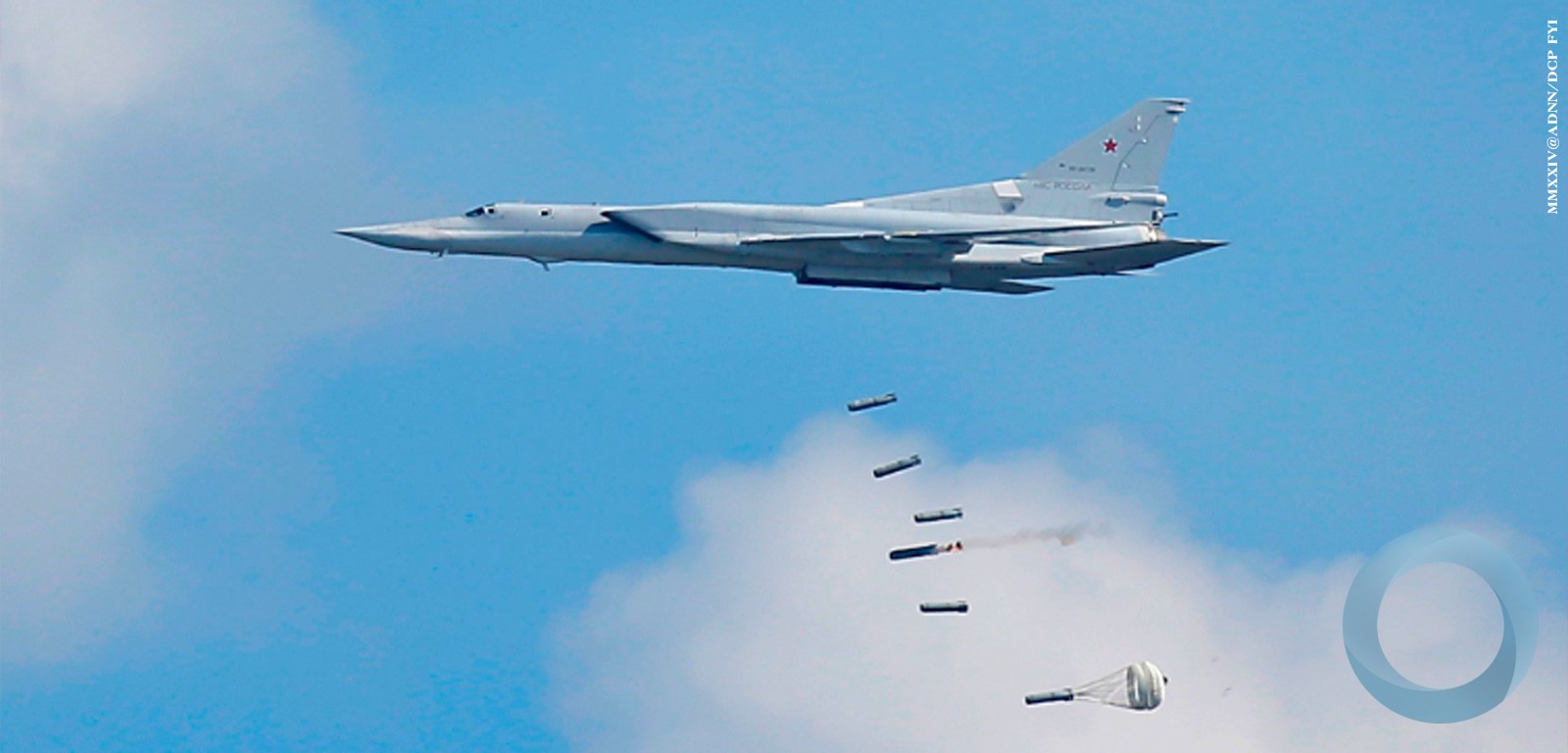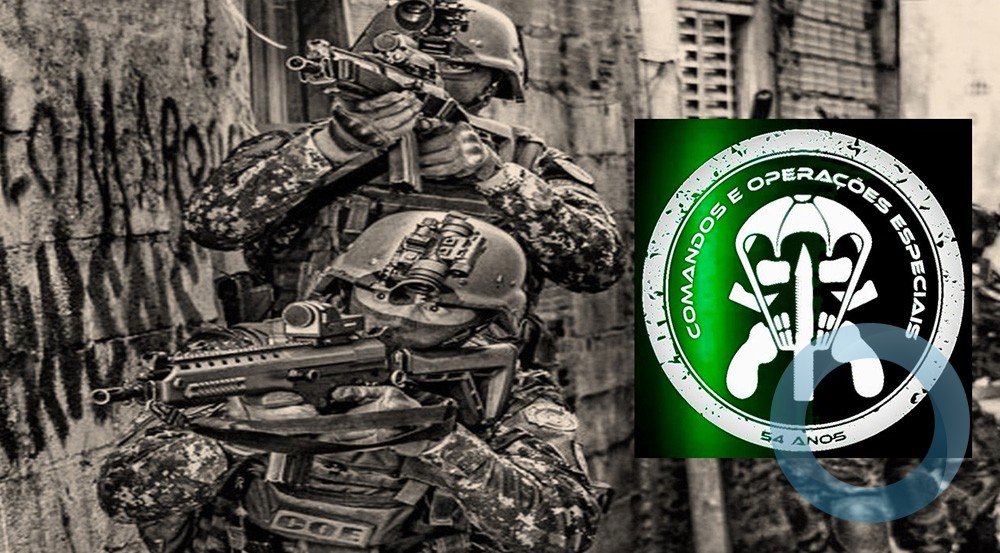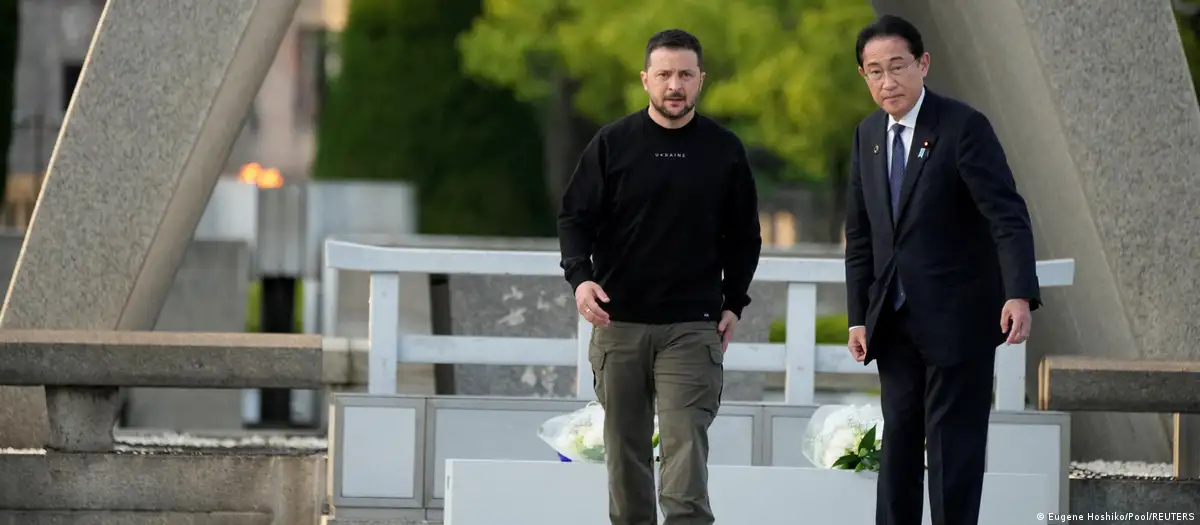Fernando Montenegro*
Colonel of the Brazilian Army Reserve
The Brazilian Armed Forces have cut down monthly drug traffic profits in Rio de Janeiro’s Maré Complex from $15 million Brazilian reals to $300,000 reals since the beginning of the occupation. This loss has been a cause for great concern to the leaders of the three main factions of Rio’s organized crime. Back in February, a lookout made $700 reals a week, but today they barely make any money. Regardless, the situation is still far from being resolved, and the Military is not to blame.
The majority of society believes that organized crime in the favelas is carried out by rifle-toting drug dealers who sell drugs. That's just the tip of the iceberg of a network that hides thousands of unarmed people, living directly or indirectly off the drug income, in these communities.
This makes it essential for the State to understand the economic impact that asphyxiating drug traffic will cause before there is a military occupation of this magnitude, the and offer alternatives to the people. This did not happen when the Armed Forces left the Alemão Complex and the situation returned to critical levels, compromising the credibility of the process.
Maré residents notice that, and they know that the presence of the Armed Forces is temporary; to illustrate this point, a community leader who strongly supported the Troops in Maré did not have his safety guaranteed and was murdered in late 2014.
The occupation in Maré has very different characteristics than those experienced in Alemão and Haiti, which interferes significantly in the interaction between the Military and the residents, as well as that with criminal groups.
In Alemão there was only one criminal faction. The invasion was unexpected, which did not allow the armed criminals to evade taking inventories of drugs and weapons. However, additional drug trafficking structures remained to enable the operation after the Army’s departure.
In Maré, we have the Army and three rival organized crime factions that are unwilling to give up the territory and abandon the area since they know the Armed Forces will not stay there forever. Two of these factions have been in a violent territory dispute since 2009.
A decisive factor for the success in Alemão was the capture of a huge amount of weapons and drugs early in the operation. This was possible due to the collective search-and-seizure warrants associated with a tip hotline.
In Haiti, the Brazilian Battalion controls the situation because it has carte blanche to check every house and shoot down anyone who is carrying a gun ostentatiously. Operationally, this is the only way to ensure the Troops the same degree of freedom that organized crime has to go into every home, which they do by terrorizing the community.
The political decision not to grant these same rights to the Troops in Maré has caused unnecessary attrition to the Service Members committed to the mission’s fulfillment. As a result of the Army’s restrictive rules of engagement, illegal drugs are sold and used inside homes, corrupted minors throw stones at Troops, and dealers have moved to slabs, where they ambush the Military after operations that lead to arrests, weapons, and drug seizures. Daily shootings may go on for hours and have hit four Soldiers already, one of them fatally. Asymmetric warfare in our own backyard.
Everyone knows that the Military occupation of the Maré Complex was due to the World Cup and, if it is up to the politicians, it will continue until the Olympics. They said it wouldlast a short period of time, just like they did with Alemão (and that lasted for 520 days), but we can see that is not the case.
We could raise a number of observations about military operations, but the truth is that the solution to the problem lies at the political level. Society needs to understand that the Armed Forces must be allowed to make decisions because they are the last resource being employed. And that is why they cannot continue to operate under the same legal protocols governing the police. It is as similarly deceptive as using the same ineffective formula for a medication, only with a different label, and hoping it will fix the problem. The rules of engagement need to be rewritten if there is a desire to seek efficiency in operations, and to preserve the Military.
*Fernando Montenegro – Colonel R / 1 Special Forces of the Brazilian Army – was commander of the Sampaio Task Force in the occupation and pacification of the Alemã¹ and Penha complexes in 2011.
¹Alemão mean german in portuguese – also the cops are called "german" by drug traffickers
Note DefesaNet
Brazilian Army Colonel Reserve Fernando Montenegro published book Comando Verde (Green Command), jointly with Marcos Ommati, journalist.
Book detail Arcanjo Operation.
The Editor







